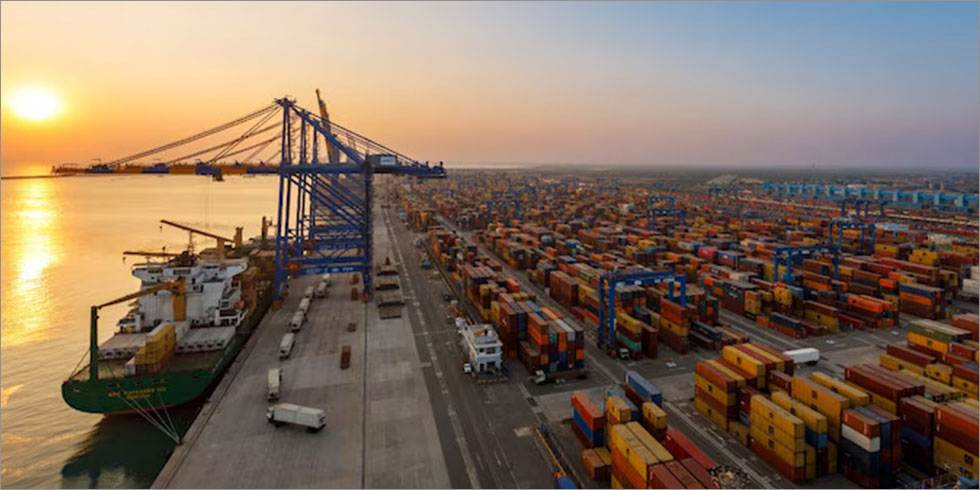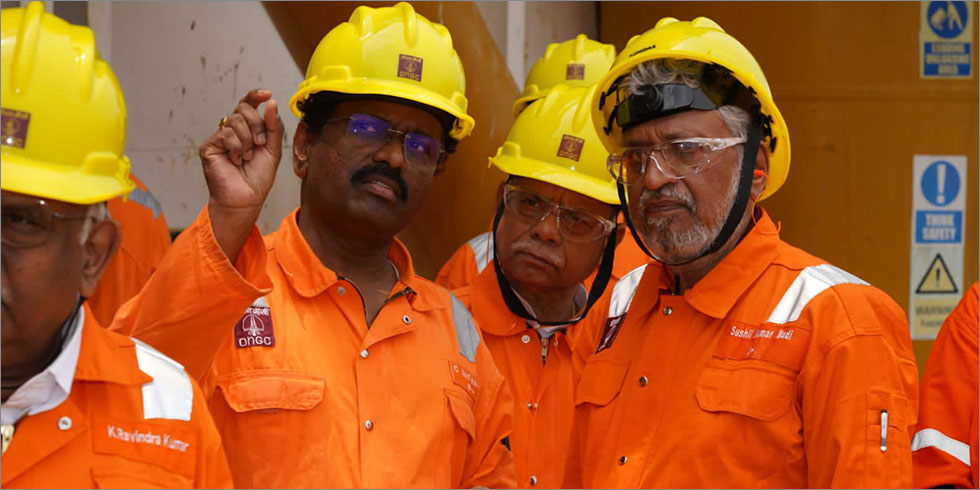India and oil-rich Iran today decided to significantly expand engagement in their overall ties, particularly in boosting Indian investment in joint ventures in oil and gas sectors in the Persian Gulf nation where foreign investors from major economic powers are rushing in to get early footholds after lifting of nuclear sanctions.
In talks between External Affairs Minister Sushma Swaraj and her Iranian counterpart Mohammad Javad Zarif, the two sides agreed that pending agreements such as Preferential Trade Agreement, Double Taxation Avoidance Agreement and Bilateral Investment Treaty should be concluded on a priority basis to spur trade and investment.
Enhancing energy cooperation and development of the Chabahar port were the centerpiece of talks which was mostly dominated by economic issues.
"The talks were very successful and would give new energy to our centuries old ties with Iran. In particular, the economic partnership will get considerable fillip as a result of today's forward looking talks," Ministry of External Affairs Spokesperson Vikas Swarup told PTI.
Sources said the issue of Kulbhushan Jadhav was not at all raised by the Iranian side.
Jadhav was reportedly arrested in Balochistan after he entered from Iran and was accused by Pakistan of planning "subversive activities" in the country.
Both sides discussed the progress on the Chabahar project and agreed that the commercial contract on Chabahar as well as the modalities for extending USD 150 million credit for Chabahar Port should be signed in the "very near future".
India is keen to enhance its investment in Iran as there has been impressive prospect of the country's economic growth.
The size of Iran's economy is around USD 400 billion, the second largest in the Middle East after Saudi Arabia, and the country is being seen as one of the world's hottest investment destination as it has opened various critical sectors including oil and gas for joint ventures and foreign capital.
In terms of cultural cooperation, both sides agreed to promote and strengthen the existing cultural exchanges, inter-alia, by observing "Weeks of Iran and India" in each other's country, publication of manuscripts, organizing conferences and events related to language, literature and religion.








Add Comment